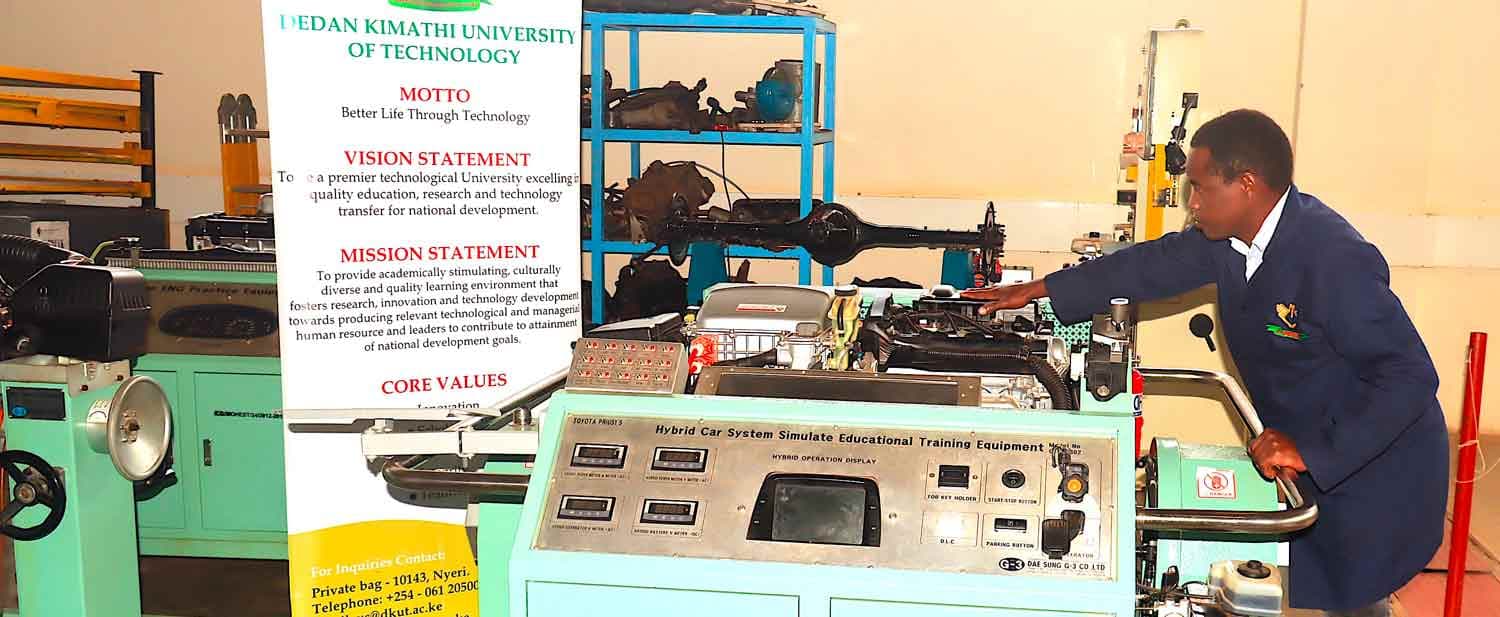We're loading the full news article for you. This includes the article content, images, author information, and related articles.
While Nairobi solidifies its 'Silicon Savannah' title through groundbreaking youth-led startups, systemic barriers to capital and a persistent skills gap threaten to stifle the nation's next wave of economic growth.

NAIROBI, KENYA – Tuesday, 4th November 2025, 09:00 EAT – Kenya's technology sector, powered by a dynamic and youthful population, is experiencing a period of unprecedented innovation, positioning the nation as a continental leader in attracting venture capital. However, beneath the surface of laudable achievements in fintech, agritech, and climate-tech, young entrepreneurs face significant structural challenges, including a tough funding climate for early-stage ventures and a widening gap between industry needs and available skills.
In 2024, Kenya's startup ecosystem demonstrated remarkable resilience, securing $638 million in funding, which accounted for 29% of all venture capital raised across Africa. This solidified its position as the top destination for startup funding on the continent, even as other major markets like Nigeria and South Africa saw declines. The growth was largely driven by significant investments in climate and agricultural technology, signaling a shift from the traditional dominance of fintech. This innovation is overwhelmingly led by the nation's youth, who constitute approximately 75% of the population under 35 and show a strong inclination towards entrepreneurship.
The Kenyan government has launched several initiatives to bolster this burgeoning ecosystem. In August 2025, President William Ruto announced the National Youth Opportunities Towards Advancement (NYOTA) programme, a KES 20 billion initiative set to provide KES 50,000 in startup capital to 100,000 young entrepreneurs. This programme, supported by the World Bank, aims to transform young people into job creators and is complemented by other established funds like the Youth Enterprise Development Fund and the Uwezo Fund.
Furthermore, the Kenya National Innovation Agency (KeNIA) is implementing its 2023-2027 Strategic Plan, designed to create a more dynamic national innovation system. Key pillars of the plan include building capacity for innovators, mapping the funding landscape, and providing support for intellectual property rights. Initiatives like the upcoming Kenya Innovation Week in November 2024 and the Presidential Innovation Award are intended to celebrate and promote local innovations.
Despite these efforts, significant hurdles remain. Access to early-stage funding is a primary challenge, with many startups struggling to secure capital beyond the initial seed round. Reports indicate that only 5% of seed-funded fintech startups in Kenya successfully progress to Series A funding, a rate far below the global average. Many entrepreneurs also point to regulatory complexities, inconsistent policies, and bureaucratic processes as impediments to growth.
Another critical challenge is the growing skills gap. While Kenya has a large, tech-savvy youth population, there is a shortage of specialized talent in fields like advanced software development, data science, and cybersecurity. This mismatch forces some startups to outsource talent, increasing operational costs. In response, public-private partnerships are emerging to provide targeted training. Konza Technopolis, a key project in Kenya's Vision 2030, runs the Jitume program, which equips youth with digital skills and job linkages to address this gap.
Infrastructure limitations, particularly outside of Nairobi, also pose a significant barrier. Unreliable internet access and high data costs can hinder the ability of startups in rural areas to compete and scale. The government's Digital Superhighway project aims to address this by expanding broadband infrastructure across the country.
The legacy of mobile money, pioneered by M-Pesa, continues to fuel innovation, particularly in the fintech space where youth are both creators and primary consumers. However, studies also point to the risks of increased digital credit access among youth, including over-indebtedness and the need for greater financial literacy.
For Kenya to fully capitalize on the innovative potential of its youth, a multi-faceted approach is required. This includes streamlining regulatory frameworks, creating more robust support for early-stage funding through angel investors and government-backed VCs, and aligning educational curricula with the demands of the digital economy. As Nairobi continues to cement its 'Silicon Savannah' reputation, the success of its young innovators will depend not just on their own laudable efforts, but on the creation of a truly enabling environment that transforms brilliant ideas into sustainable, job-creating enterprises for Kenya's future.
Keep the conversation in one place—threads here stay linked to the story and in the forums.
Sign in to start a discussion
Start a conversation about this story and keep it linked here.
Other hot threads
E-sports and Gaming Community in Kenya
Active 9 months ago
The Role of Technology in Modern Agriculture (AgriTech)
Active 9 months ago
Popular Recreational Activities Across Counties
Active 9 months ago
Investing in Youth Sports Development Programs
Active 9 months ago